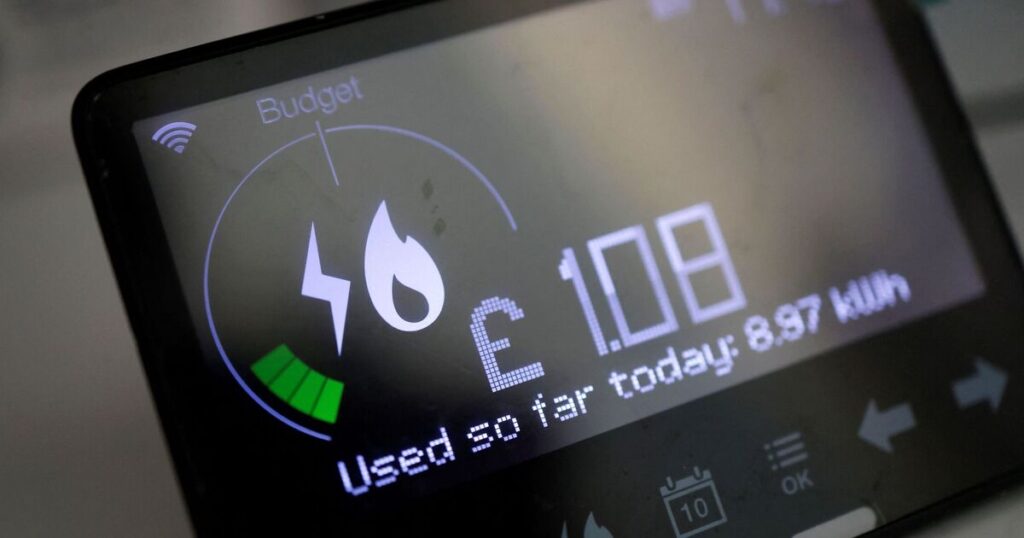
Energy bills could be increased for higher earners instead of keeping the much hated daily standing charges, according to the boss of energy regulator Ofgem.
Ofgem, the regulator which manages and sets the price cap for all UK households every three months, is looking into alternative ways of funding energy infrastructure in the future, which could include means tested energy bills.
Currently, the costs of running the grid, as well as covering the costs of firms which go bust, are passed on to all consumers equally in the form of the daily standing charges.
Standing charges, which bill someone each day just for the facility of having electricity or gas, even if they don’t use any energy, have been called a ‘moral hazard’ by Martin Lewis because they are regressive.
It means that those on low incomes pay the same amount on standing charges as high energy users in large houses, and those who try to save money by cutting their usage cannot save money on the standing charges. Right now, the standing charge is 60.97p per day for electricity and 31.65p for gas, meaning households are paying 92p per day, or £28.52 per month in a 31 day month, just to have electricity and gas.
Ofgem chief Jonathan Brearley told an industry briefing this week that the regulator is looking at “the question of whether there is a more progressive way to pay”, according to the Guardian.
He said that Ofgem will investigate whether there could be a way of working out the final cost that households pay based on their household income.
He said: “It’s a question that we need to answer as we go through this transition and as we think hard about getting to a place we want to get to.
“Inevitably there are big pros and cons and big operational challenges before any final decision could be made.”
 Latest World Breaking News Online News Portal
Latest World Breaking News Online News Portal






